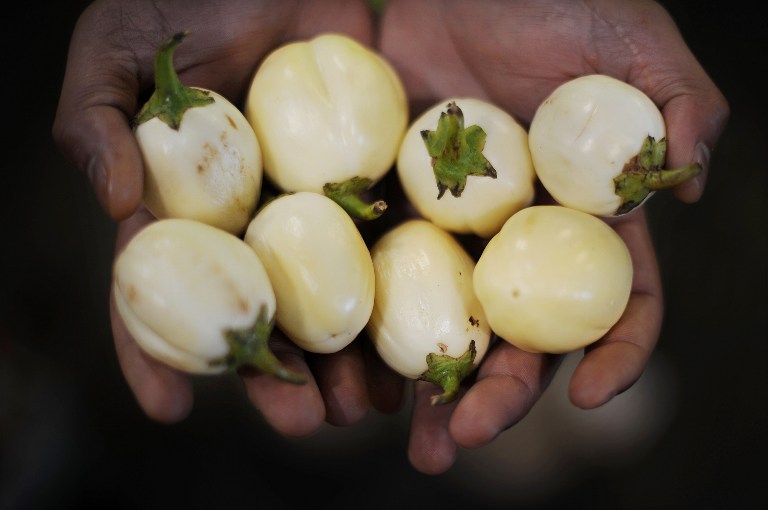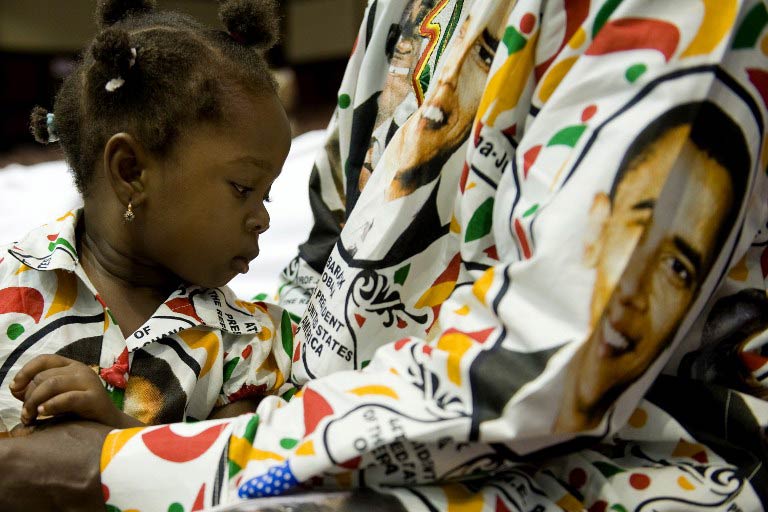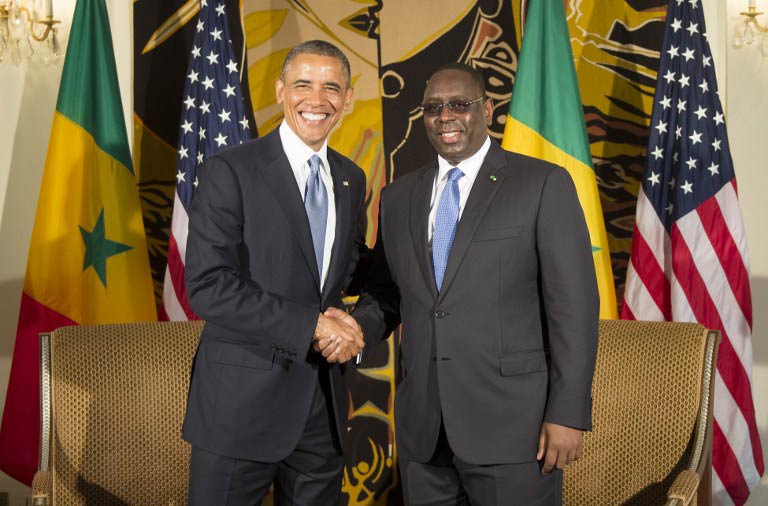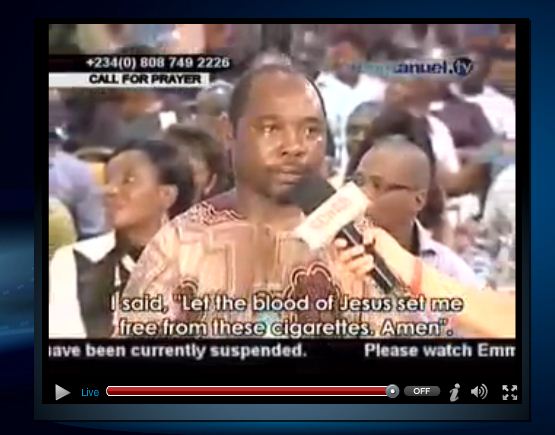A misty dawn has not yet given way to daylight in Zimbabwe’s eastern highlands. Lenard Moyo, a coffee farmer near Chipinge town, is prising red arabica beans out of their trees and putting them in his bag – as he does every morning during harvest season. “It’s hard when it’s so cold outside, but we have to pick them early,” he said.
![A woman harvests ripe coffee berries. [Pic: Reuters]](https://voicesofafrica.co.za/media/uploads/2013/09/Coffee-grower-resized-Reuters.jpg)
But today the industry is in decline: many of the mills have been abandoned, farmers are in debt, and Zimbabwe produces just 60 “bags” of coffee beans a year compared with 250 bags in 1988 – with one bag amounting to 60 tonnes of coffee.
Earlier this year the European Union announced €10m (R132-million) in aid to Zimbabwe’s medium and small-scale farmers, in an attempt to revive the industry. But there’s a catch. “Coffee is an important crop and we’ll consider funding requests from small farmers provided the land involved is not in dispute,” Aldo Dell’Ariccia, head of the EU delegation to Zimbabwe, told the CAJ news agency.
Moyo said this caveat disqualified the majority of farmers. “Most of our small coffee plots are on land being contested in court by former white farmers. We’ll simply not qualify,” he said.
The disputes began in 2000, when young militants loyal to the president, Robert Mugabe, stormed white-owned farms to reclaim the land. At the time, Moyo was what was known as an “out-grower” – a black farmer owning a small plot of land next to a large commercial farm, relying on his neighbours for finance, expertise and machinery.
Production plummets
“First, [the militants] pruned down our coffee beans and burned hectares of trees in a week of rage. Coffee drying pens were turned into nurseries for marijuana and wild vegetables,” he said. “The new farm owners wanted instant profit but a coffee tree once planted takes three to five years to mature.”
Production plummeted as the new landowners could not secure bank loans to buy fertilisers or repair ageing infrastructure. Many were new to the business, and lacked the expertise to keep quality high.
In turn, international buyers began to shun Zimbabwean coffee, and in 2010 the Mutare Coffee Mill, considered one of the best in Africa, was forced to shut down. It required at least 4 000 tonnes of coffee to operate profitably but was receiving just 300.
And while Zimbabwean coffee growers struggle, elsewhere the industry is booming. Ten years ago the average cost of a tonne of coffee was $1 400, now it can fetch up to $4,000 (R39 400), according to the International Coffee Organisation.
“Zimbabwe is losing billions of dollars annually as the price of coffee has increased to about $3 per pound, up from $1 per pound in the 90s,” Gifford Trevor, president of Zimbabwe’s Coffee Growers Association, told News24.
Most of the country’s coffee farmers lack cash reserves to support themselves when the crop fails or yields are low, according to World Vision. The charity is training farmers and offering much-needed supplies such as fertilisers, irrigation systems and pesticides. But the farmers are still unable to compete with better organised growers in countries such as Rwanda, Kenya and Malawi.
Suppliers at a disadvantage
The global coffee industry is also stacked against suppliers, with the bulk of the profit going to those further up the chain.
In August, on a sponsored trip to Johannesburg, 39-year-old Moyo tasted his first cappuccino. “I thought it was bitter lemon,” he said. He was particularly horrified to pay $3 for one cup, compared with the $5.30 he receives for a bag of raw coffee beans.
Peter Multz, a former consultant for the Dutch charity SNV, which works with Zimbabwean farmers to improve their business skills, said most of the profit went to shippers, roasters and retailers. He said Zimbabwean farmers also faced particular problems.
“Sometimes the coffee is delayed at border crossings for up to a week, and without proper facilities the beans go bad. Sometimes buyers have to pay a bribe to let their coffee shipments go through,” he said.
With a more stable economy and western governments starting to release aid, Zimbabwean farmers hope that the country’s coffee industry will recover. But for Moyo times are still hard: “I can’t even pay my farm workers and coffee pickers properly,” he said. “Sometimes we reward them with milk, soya meals, and clothes after every harvest. As we say here, cash is a crunch.”
Ray Mhondera for the Guardian Africa Network. Mhondera is editor of The Africa Scientist Magazine.







